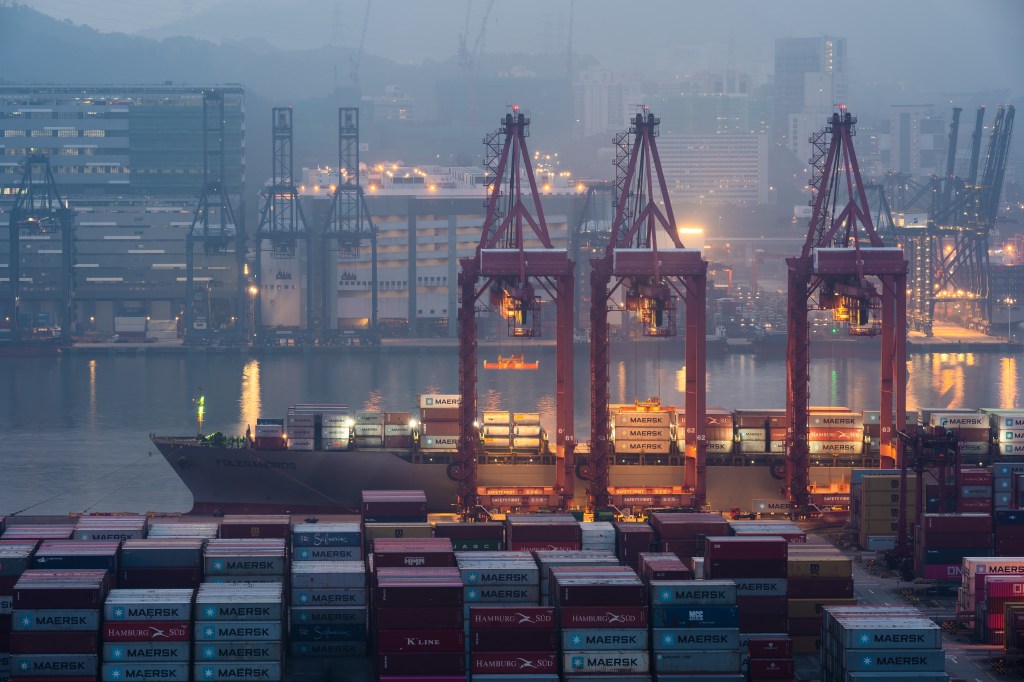US senators across the House have brought forward measures to combat trade crimes, with China firmly in their sights.
Key members on the House Select Committee on the Chinese Communist Party have introduced legislation that would empower the DOJ to investigate and prosecute trade crimes such as tariff evasion, trade fraud and illicit transshipment, a practice where goods are delivered via intermediate destinations to conceal their origins. The bill would allocate the DOJ $20m next year to pursue those aims.
Sponsored by Chairman John Moolenaar (R-MI) and Ranking Member Raja Krishnamoorthi (D-IL), the Bill has bipartisan support and backing from several American industry organizations and human rights advocates.
Special DOJ unit
The “Protecting American Industry and Labor from International Trade Crimes Act” would create a unit within the DOJ specialized in the investigation and enforcement of trade crimes. The unit would also be involved in providing training and technical assistance to law enforcement agencies on a local, state, and federal level. The Attorney General would be required to submit a yearly report to Congress on the unit’s efforts.
The Select Committee has claimed that the persistence of China’s trade crimes in particular has negatively affected the American economy and slashed jobs, making stricter enforcement of international trade laws a high priority.
The Select Committee has been a proactive opponent of financial practices it believes facilitate human rights abuses in China and create economic havoc domestically. While the committee lacks lawmaking capacity, it has subpoena power which it uses to glean information and provide policy recommendations.
Illegal trade practices
China has long been accused of circumventing its obligations under international law. Regimes that tacitly permit the flaunting of commercial rules often also permit human rights abuses and other illegal activities due to endemic corruption, supervisory failures and bad-faith governmental coercion. In China, this concern has been linked to the persecution of ethnic minorities, such as Uyghurs, through forced labor.
The Select Committee often refers to elements of China’s economy as a “non-market,” where corruption and arbitrary consolidations of bureaucratic power reign in lieu of evidence-based administration. China’s trade sector suffers from systemic atrophy induced by overregulation and protectionism, and ironically, many industry participants have resorted to money laundering and other illegal activities to skirt the ever-tightening controls.
But as China continues to be afflicted with increasing economic woes, its political machine has begun to recalibrate its regulatory systems to maintain control and reduce corruption.
















